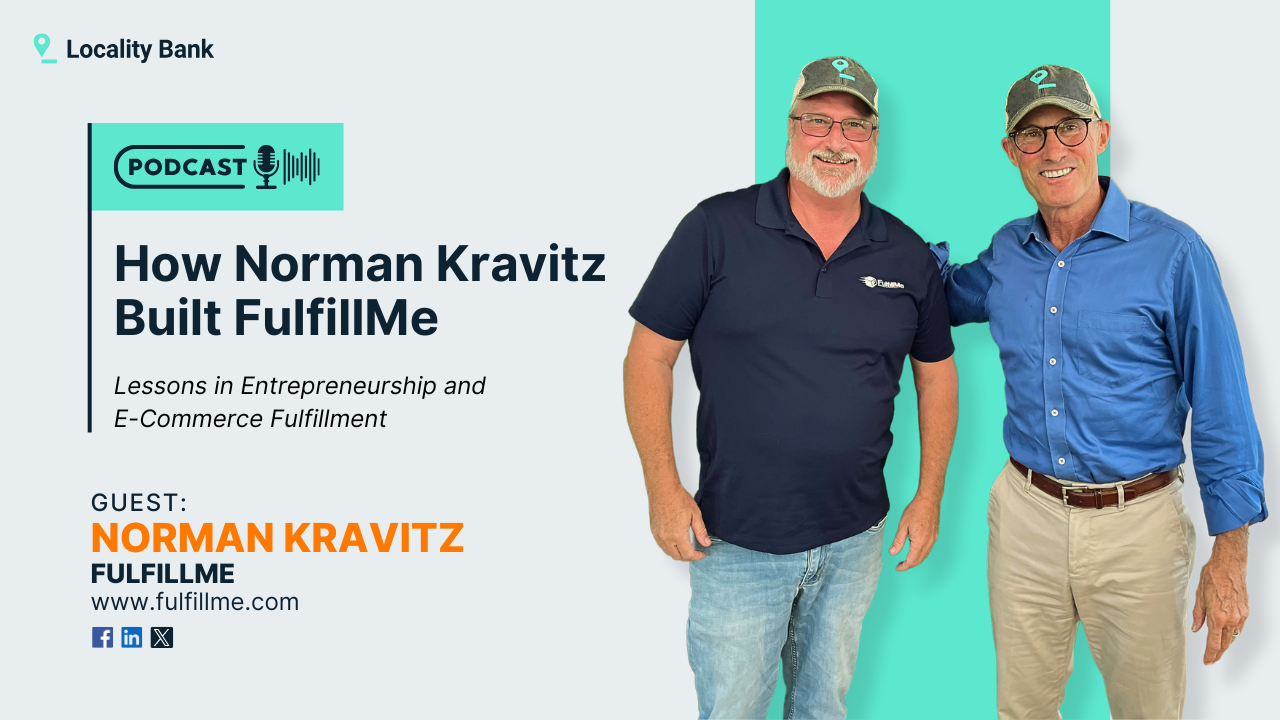
Before you decide to apply for business financing, it’s important to have all the information at hand. The more organized you are, the better your chances of success. Before you go and see your bank manager, prepare the following:
- How much it’ll cost to either buy or set up the business, including what stock or equipment you’ll need
- How much you think you’ll need to borrow
- What you’re contributing yourself such as savings, assistance from family, or any investors you already have on board
- How you’ll secure any loan. Borrowing against your house is common, but there are other options available
- A plan to repay the loan, ideally from the profit the business will make.
Also outline any other debt or other sources of income, to reassure the bank you’re declaring all your revenue and obligations.
Outline what the money will be used for
Ideally, borrow as little as possible, but enough so you won’t have to borrow again for a while. It’s better to add a small buffer now, which you may not require, than going back to the bank and explaining your estimate was wrong. Provide details of everything that you need funds for; stock, equipment, set-up costs, working capital, intellectual property etc.
You should also show how much of your own money you’re planning to use. If you need $300,000 for new equipment, the bank will want to know your existing assets total so they can get an idea of what percentage of assets the new loan comprises.
Plan how you will service the loan
It’s useful to show that whatever you borrow, you have the ability to pay it back. No bank wants you to default on a loan. It’s easier for everyone if you provide:
- A Personal Statement of Financial Position, outlining everything you own as well as what you owe and your income and living expenses (including those of your partner if you have one, or any dependents)
- Details of how much you intend to take from the business as a salary or wage and if you’ve got other sources of funds in reserve
- A business plan to explain the business and where you’re headed
- A cash flow forecast predicting the year ahead to show you can afford any repayments.
Security
Depending on the loan and the amount, you may have to provide some kind of security, such as real estate or business assets. You’ll likely have to include a registered valuation for any property security and for commercial property, a copy of the lease is handy.
How you run the business
In addition to your business plan, you’ll also want to:
- Provide details of who owns the business, whether you’ll be working in the business full-time, and who else is involved in management
- Outline the operational structure (corporation, partnership, sole proprietorship or trust)
- Explain what you’re selling, providing or producing
- Describe your location
- Include details about your competition
- Outline what’s happening in your market and any industry trends
- Details of any lease terms or other agreements
- Outline any professional advice from your financial advisor, accountant or solicitor.
Provide a resume
Show what experience you have in both your industry and in running a business. The more experience and successful past track record, the better.
If you can, include in your resume:
- Past business experience and a timeline
- Key personnel
- Training and support
- Qualifications that relate to your industry and business
- Have the key details about your business ready to go. Include:
Financials
It’s important to show that your business can generate enough cash to meet your outgoings (with your new loan added in) and provide an income.
Include monthly profit and loss projections and cash flow forecast (possibly for up to three years in advance for SBA loans). You’re also best to explain why you think your sales are achievable, how you’ll achieve your projected profit margins and any key expense items.
Summary
The more information you can supply the bank the better they can make a decision. No bank wants a customer to default on a loan, and if a loan is declined, don’t take it personally. Ask why and what information or circumstances do they need to amend their decision. Including the information above will go a long way to them saying yes.
Disclaimer: The information provided in this content is for general educational purposes only and does not constitute professional advice. Locality Bank makes no warranty, express or implied, nor assumes any legal liability or any responsibility for the accuracy, correctness, completeness, or any actions taken based on the information provided. Always consult a qualified professional for specific guidance related to your situation.


